Assassins Creed is making me miss Desmond for all the wrong reasons
My worst fears about Assassin's Creed have come to pass: ever since killing off Desmond in Assassin's Creed 3, the modern day narrative that connects each game in the series has been spinning its wheels, all while the Ubisoft machine continues to churn out new adventures in the ages-long conflict between assassin and Templar. The modern day battle of ideologies is the backbone of the entire franchise and, without any clear direction, each new game feels more inconsequential than the last.
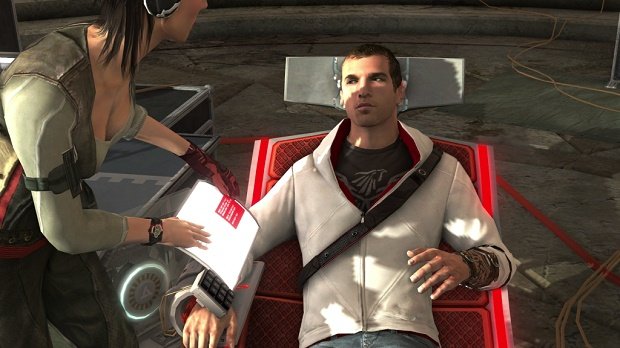
It wasn't always this way. Playing Assassin's Creed each year was like getting another season of your favorite television show, reuniting with Desmond and his fellow band of assassins as they dive into the past to find the clues they need to save humanity from a solar flare (neatly scheduled to demolish humanity in 2012). While the main focus of the series has always been about exploring historical time periods like the Third Crusade in the Middle East, the American Revolution, or Victorian London, the modern-day events gave that exploration context. The Animus - the device the assassins use to explore Desmond's genetic memories - provided the justification for hopping back and forth throughout history, for waving away its video gamey elements, for tying events throughout thousands of years of human history into a cohesive whole.
Desmond was the anchor for the series and for the player. We get plopped smack in the middle of the war between the assassins and Templars, and the inexperienced Desmond becomes our lens for that conflict. His presence within Assassin's Creed is similar to that of Neo at the beginning of The Matrix, as he presents an opportunity for the developers to dump a bucket full of lore over our heads in an organic fashion. We identify with his confusion, and his quest for knowledge echoes our own. And over the course of several games he learns to embrace his own talents as an assassin, eventually discovering powers within himself he never knew he had. By Assassin's Creed 3 (which, remember, is actually the fifth game in the series) we're going on field missions with him at Templar strongholds, right in between Animus excursions.
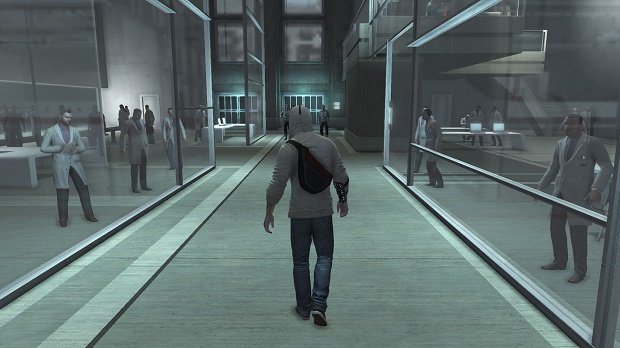
There's a clear sense of progression, both in terms of character growth and the overall plot, and even though the entries between AC2 and AC3 didn't have a number attached to them, they still felt important to the overarching narrative, providing important new details and context. They brought twists - a traitor among the group! - that made the struggle more personal and intimate, and further explained how important moments in the Italian Renaissance are relevant to the assassins' struggle in the 21st century. The cataclysm that was set to arrive in 2012 became a deadline for our characters in the game - a deadline mirrored by the series' development in the years leading up to our very own 2012. Our heroes weren't just racing against the clock, we were too, and Desmond carried us along for the ride.
There was a problem, though - Desmond was kind of a dick, and no one liked him much. And so, when the series sacrificed him for the greater good at the end of AC3, you'd think it'd be cause for celebration, that the series is no longer shackled to this milquetoast parkouring bartender. But now that he's gone, Assassin's Creed just isn't the same. Now, each entry feels like a loosely connected set of skirmishes between these two warring factions rather than a single narrative thread that's pulling the series along, and Assassin's Creed feels lost and confused as a result.
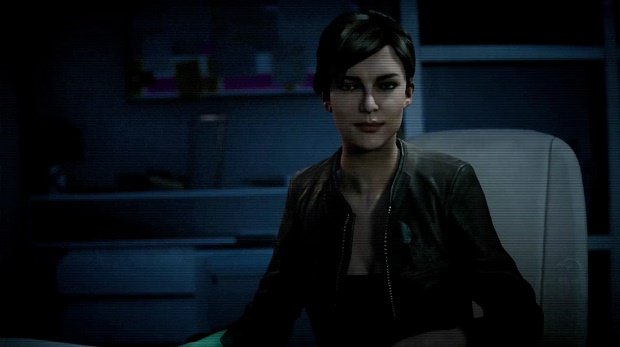
There was no one entry that felt more apparent than in Assassin's Creed Unity, a story so slight that the game all but tells you that nothing you did mattered at the end of it. Since Desmond's death, Abstergo (the modern-day Templar megacorp) has released a home console version of the Animus called Helix, and the Assassins have hacked into your game to get you to help them search Paris during the French Revolution for important information that will help the cause. What you end up finding might as well be a giant “meh” for all the effort you put into getting there. Unity could disappear entirely and nothing would be missed, because nothing is gained.
This is in stark contrast to the many revelations made in Black Flag, only one game prior to Unity. One year you're a faceless video game tester working for Abstergo, getting a ton of new and important information in fully interactive segments outside of the Animus; the next, you're a faceless consumer helping the assassins with a hacked video game console. There's no consistency, and without consistency there's no base for the narrative to rest on. It's clear that the series is setting itself up for something important, but whatever gains the story makes are scattershot, making the dozens of hours it takes to finish each game amount to little more than half-assed fanservice.
Sign up to the GamesRadar+ Newsletter
Weekly digests, tales from the communities you love, and more
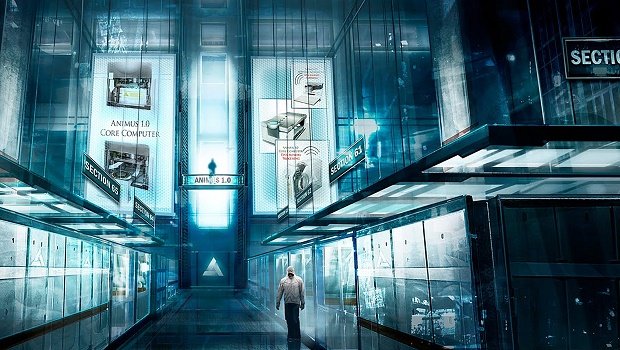
What's the endgame here? With Desmond's storyline, we at least had a clear goal in mind, and even if it took five games to get there, there was always the promise that some grand, earth-shattering moment would come. Now that AC3 has come and gone, though, there's no promise of anything - just thin justification for releasing a new Assassin's Creed game every year while changing the setting and main characters each time.
But here's the thing: if that modern-day framing wasn't there, the historical narrative of each game still works on its own. Each story is self-contained, introducing a variety of interesting characters, gorgeous locales to explore/parkour over, and a proper arc with relatively satisfying conclusions. It would certainly be easier for Ubisoft to justify each game as a standalone entry without having to shoehorn its events into a grander overall narrative, and there are enough interesting moments throughout history that the series really doesn't need the Dan Brown sci-fi conspiracy nonsense to really succeed.
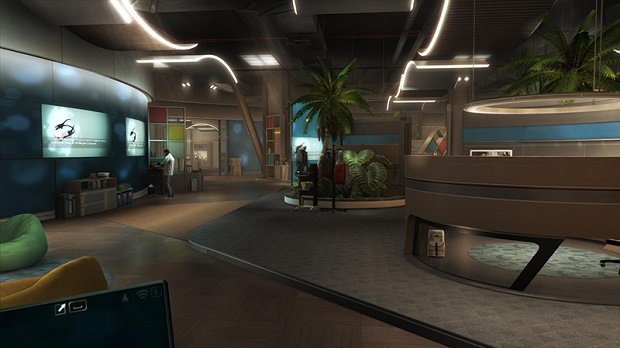
What Assassin's Creed can't do is try to have it both ways. It can't pretend to care about its modern-day storyline and introduce precursor societies, mystical Sages, new Pieces of Eden, the Helix, and slowly tease something much larger but then act like none of it matters. Doing so not only cheapens the impact of the events in its modern-day narrative, it distracts from the historical stories it wants to tell, too. Ubisoft either needs to figure out where the hell this meta-narrative is going and treat each additional game going forward as another meaningful chapter in this story, or it needs to ditch it entirely and just focus on the drama inherent in history's most impactful moments.
There are some fascinating sections in the recently released Syndicate that I don't want to spoil - for a series as formulaic as Assassin's Creed, they're genuinely surprising, and totally worth experiencing. These moments give me hope something big is coming on the horizon, that the series will find its footing again and finally start going somewhere substantial. But it's hard to get excited about the next year's chapter when the larger story has no clear direction.



